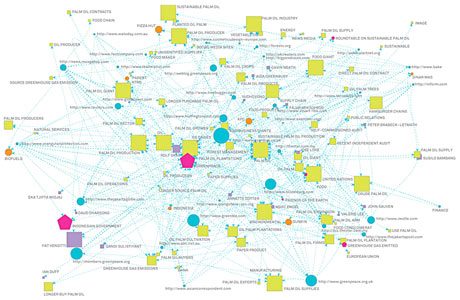Some great news to start the week - the spoof KitKat video we made to protest Nestlé's use of palm oil has won an award. Our German colleagues entered it into the viral video strand of the 26th Berlin International Short Film Festival, and it scooped Best Viral! Thanks to everyone who watched, shared and took action off the back of this video - its success is down to you.
Nestlé has, of course, since taken steps to divest its supply chain of palm oil and paper products from Sinar Mas and so has joined the growing ranks of companies who refuse to do business with a group which is wantonly destroying Indonesia's rainforests.
So while the message of this video is no longer applicable, we're still chuffed to have won the award. And it was damn good fun to make.








